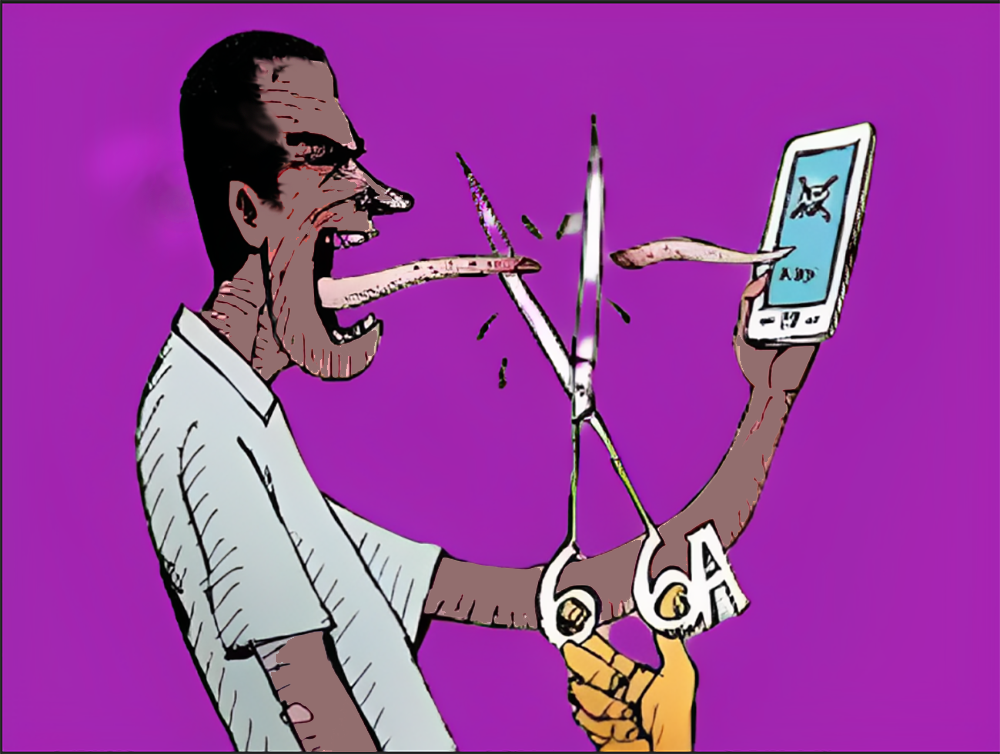
Formation of People and Hate Speech
Abdullah Didan
The essence of social formation is the human being, as he is the idea itself. His constant dream is to reach the highest levels of well-being and peace with himself and others and ease of life. At the same time, the human being is the one who seeks to achieve this, as there are no other forces outside the human formation concerned with striving to create a better life for the human being.
In other words, the human beings struggle is concerned with how to achieve psychological, spiritual, mental, and physical stability by satisfying his self and general needs that he shares with others, whether economic, political, cultural, or social. Therefore, the value of life lies in the value of the human being as an equal origin in his universal and self-definition.
It is not possible to distinguish one human from another based on the criteria of humanity as a characteristic and humanity as an essence and meaning, but in the midst of the struggle for individual and collective interests, we fall into the trap of violating the human beings right to be a human. Due to the complexities of life and the increasing pace of conflict, selfishness, self-love, and the annulment of the other different ones grow, until the situation reaches the point of depriving him of his value as a human being. Some individuals or communities can become monsters towards other people, and here lies the crisis and the tug of centers of power, for any project or individual or collective idea, no matter what its goals and purposes may appear noble in its form and presentation, unless it is based on the value of a human being as an essence, it will not do any absolute good.
Our Sudanese society is characterized by sharp and dense diversity on multiple levels, culturally, socially, and economically, which has produced diverse ways of thinking, different customs and traditions, and thus different natures of interests and tools of conflict and centers of power. It is a reality burdened with complex historical loads, which still cling to the formation of many of our abilities to deal with our issues on a purely human level. Dealing with reality requires understanding that the formation of people must realize that the individual is social, cultural, customary, and historical complex formations, which may make him weak in the event of a sudden change in his life or make him strong.
The criteria for weakness and strength here do not come from outside the context in which he was immersed in the sources of his primary formation, before engaging in other experiences, but rather lie in how he receives these experiences and with what tools. And to achieve any individual or collective goal, the challenge always lies in presenting knowledge for change according to the vision of the one who presents it when he sees himself as the model that the recipient should follow, and here is the trap. An individual is made with sudden force, he is neither able to synchronize with his primary formation and work to change it for the better within this context, nor has he become completely a copy of the model drawn for him to be shaped by receiving this conditioned knowledge.
The making of change requires knowledge of the concerned context and its social and cultural values and not pushing people to become an image rooted in it, so lets work on providing people with knowledge and education without imposing a lifestyle or preconditions that suit our desires, not theirs, so as not to put them in a state of tension that paralyzes them and makes them in a state of confusion.

